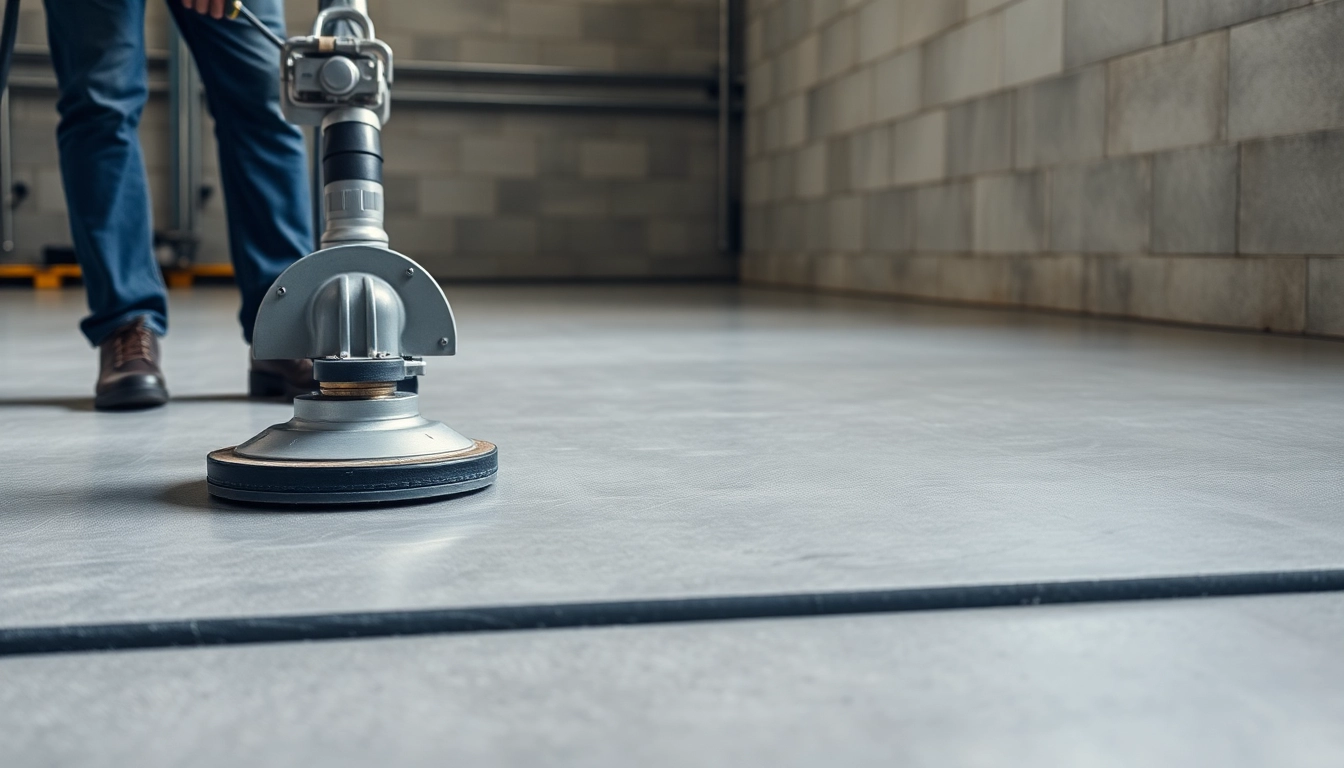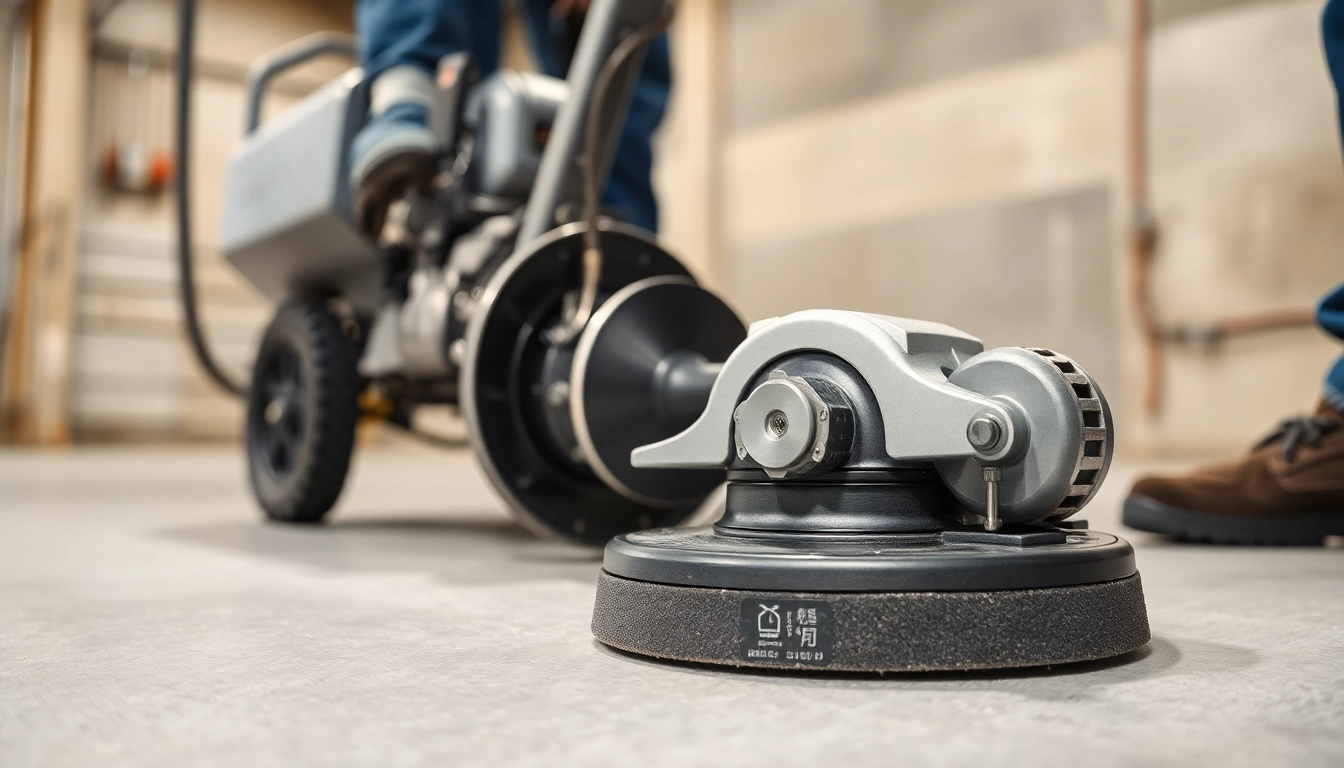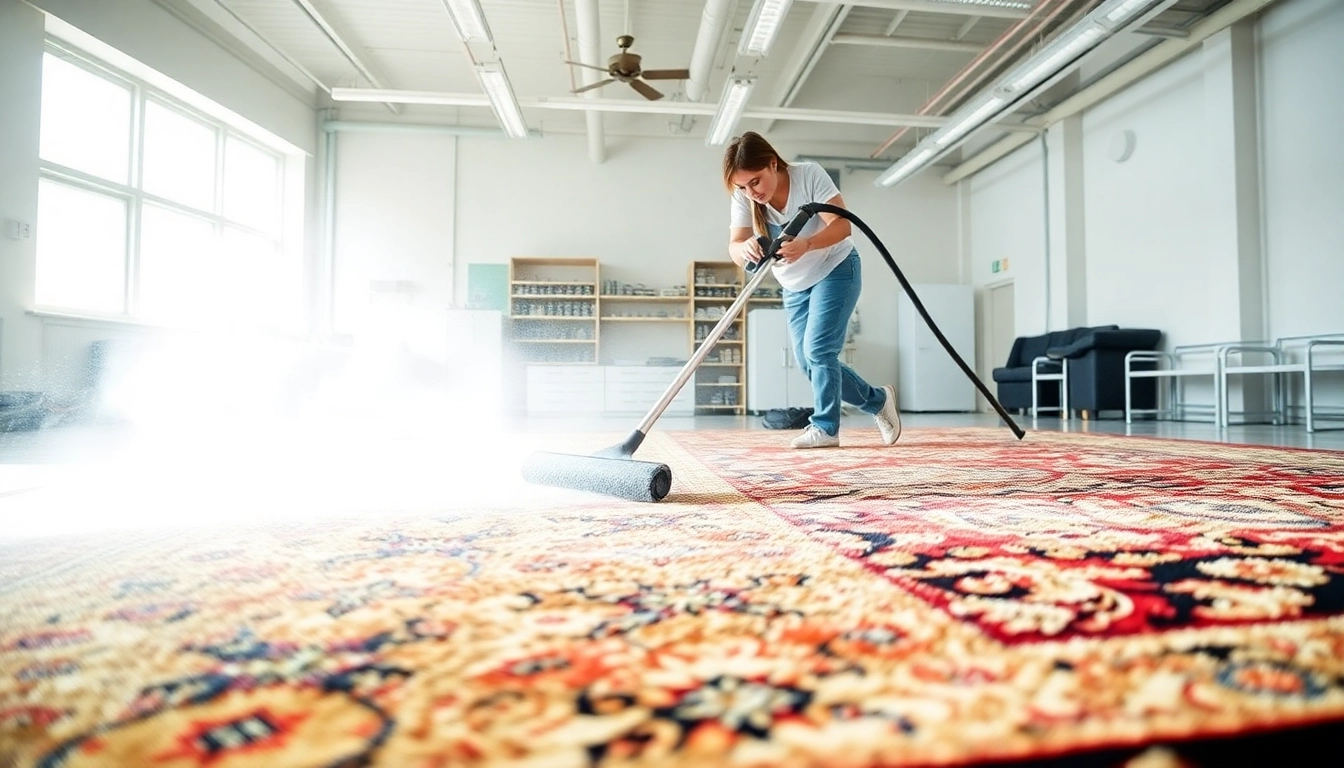
Understanding the Importance of Floor Preparation in Birmingham
In any successful flooring project, especially within the diverse building conditions of Birmingham, the foundation of installation quality depends heavily on proper floor preparation. Neglecting these critical initial steps can lead to premature failure, costly repairs, and compromising the durability of your flooring investment. Whether you’re installing new hardwood, epoxy coatings, or industrial resin flooring, the surface must be primed and prepped meticulously to ensure optimal adhesion, long-lasting performance, and aesthetic appeal.
For those seeking expert guidance and top-tier services, exploring Floor preparation Birmingham providers is an essential step. This comprehensive guide details the significance, processes, and best practices for effective floor preparation tailored to Birmingham’s unique construction environment.
Benefits of Proper Surface Preparation for Flooring Longevity
Enhanced Durability and Structural Integrity
Thorough surface preparation ensures that the substrate—be it concrete, wood, or existing surfaces—is clean, level, and chemically compatible with the new flooring material. Proper prep minimizes issues like cracking, warping, or delamination over time, thereby greatly extending the lifespan of your flooring.
Improved Adhesion and Performance
Many modern flooring systems, such as epoxy resins or hardwood adhesives, rely on a solid, contaminant-free surface to bond effectively. Proper preparation removes dust, oil, sealers, and loose debris which would otherwise compromise adhesion, potentially leading to peeling or uneven wear.
Cost Savings and Reduced Downtime
Investing in thorough surface prep upfront reduces the likelihood of costly repairs, recoating, or complete replacement later. In Birmingham’s industrial and commercial projects, this translates to less downtime and increased safety, ensuring projects stay on schedule and within budget.
Common Challenges in Birmingham’s Building Conditions
Birmingham’s construction environment presents unique challenges that can complicate floor preparation efforts:
- Variable Concrete Quality: Older buildings often feature uneven or cracked concrete slabs that require specialized repairs.
- Moisture Intrusion: High groundwater levels or inadequate vapor barriers may lead to moisture migration, risking adhesive failure or mold growth.
- Contaminants and Residues: Industrial sites or renovation projects may have residual paint, oil, or chemical spills needing thorough cleaning.
- Temperature and Humidity Fluctuations: Birmingham’s variable climate demands tailored preparation procedures to prevent issues like surface dusting or curing problems.
Overcoming these obstacles requires experienced professionals who understand local conditions and employ advanced techniques to prepare surfaces effectively.
Types of Flooring Materials Requiring Precise Preparation
Resin and Epoxy Coatings
Resin and epoxy floors demand pristine surfaces free of moisture, dust, and irregularities. Surface unevenness affects curing and adhesion, which can cause failures in industrial or commercial settings.
Hardwood and Laminate Flooring
These flooring types require level, clean, and dry surfaces. Any cracks or dips can telegraph through to the finished floor, compromising appearance and durability.
Industrial and Commercial Surfaces
Resilient, epoxy, vinyl, or composite floors in factories or warehouses necessitate robust preparation, including diamond grinding, to handle heavy loads and exposure to chemicals.
Step-by-Step Guide to Effective Floor Preparation in Birmingham
Initial Inspection and Surface Assessment
The process begins with a detailed assessment of the existing substrate. Experts evaluate concrete strength, presence of moisture, existing coatings, cracks, and surface contamination. This step informs the subsequent preparation methods and repairs.
Diamond Grinding and Concrete Repair Techniques
Diamond grinding removes surface irregularities, laitance, and old coatings, creating a smooth, level base. Repairing cracks and deep damages often involve injecting epoxy or using self-leveling compounds. These steps are essential to prevent future issues and achieve an ideal surface.
Cleaning, Priming, and Leveling Procedures
Thorough cleaning eliminates dust, oil, and residues. Priming promotes adhesion between the substrate and the finished flooring. Leveling involves applying self-leveling compounds where needed, ensuring a flat, smooth surface capable of supporting various flooring types.
Choosing the Right Floor Preparation Methods for Your Project
Resin and Epoxy Coating Surface Readiness
Preparation for resin and epoxy surfaces involves removing all contaminants, moisture control, and creating a textured surface—often via diamond grinding—to enhance bonding strength.
Preparing for Hardwood and Laminate Installations
These installations require a dry, level substrate. Moisture testing is crucial, and if necessary, moisture barriers and underlayments are installed to guarantee stability and prevent mold or warping.
Industrial and Commercial Surface Preparation Solutions
Heavy-duty grinding, shot blasting, and concrete repairs are standard to maintain safety standards, handle high traffic, and facilitate chemical resistance or slip resistance requirements.
Performance Metrics and Quality Assurance in Floor Preparation
Measuring Surface Smoothness and Levelness
Using tools like laser levels, dial gauges, and surface roughness testers, professionals verify that the surface meets strict tolerances for flatness and smoothness—vital for quality finishing.
Ensuring Adequate Adhesion and Curing
Adhesion tests, such as pull-off tests, confirm bond strength. Proper curing times, humidity, and temperature controls are monitored to ensure complete curing of primers, adhesives, and coatings.
Monitoring Durability and Long-Term Performance
Post-installation inspections and routine maintenance schedules help evaluate the long-term integrity of the surface, addressing issues proactively before they escalate into major problems.
Partnering with Birmingham’s Top Floor Preparation Professionals
Locating Certified and Experienced Contractors
Research local specialists with proven track records, certifications, and positive client reviews. Platforms like Birmingham’s top flooring specialists offer directory listings, but consulting local references or industry associations can provide additional assurance.
Questions to Ask Before Hiring a Floor Preparation Service
- What preparation techniques do you recommend for my specific flooring type?
- Can you provide references or case studies of previous projects?
- What are your lead times and warranties?
- How do you manage moisture issues and surface repairs?
Case Studies of Successful Floor Preparation Projects
One prime example involves Birmingham’s industrial sector, where diamond grinding and epoxy coating preparation reduced installation time and increased surface longevity significantly. These real-world applications demonstrate how tailored preparation methods enhance project outcomes.





